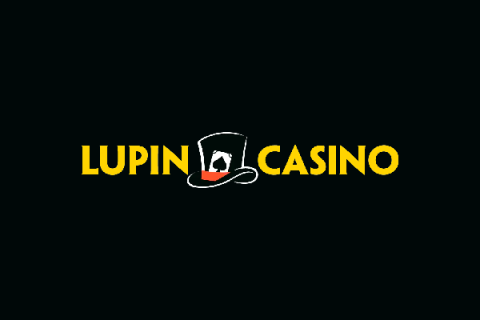Legal iGaming in Alberta, Canada To Take Longer Than Expected

Canada won’t likely see more iGaming to join Ontario anytime soon. Alberta’s online gambling landscape, once thought to be on the brink of significant regulatory advancements, is facing delays as the government takes a more cautious approach to rolling out its iGaming framework.
In June, Dale Nally, Minister of Service Alberta and Red Tape Reduction, announced ambitious plans to regulate the province’s growing online gambling sector at the Canadian Gaming Summit. The announcement generated a wave of excitement across the gaming industry, which saw Alberta following in the footsteps of Ontario’s successful online gambling model. However, the anticipated timeline for implementation has now stretched far beyond initial expectations.
According to recent updates from Nally’s office, plans for a 2024 launch are no longer feasible, and even the possibility of seeing regulations in place by 2025 appears uncertain. The government, while still committed to developing a regulated iGaming market, has acknowledged the complexity of the task and the need for more time to consult stakeholders and fine-tune the framework.
One of the central concerns is ensuring that the new regulatory framework not only supports the growth of the industry but also prioritizes the health and safety of Albertans. Nally’s team has emphasized the importance of protecting vulnerable groups, such as young people, from the potential risks associated with online gambling. The minister’s office has made it clear that while they are eager to move forward, they are taking a careful and deliberate approach to ensure that the regulatory environment promotes fairness, transparency, and player safety.
In the months since Nally’s initial announcement, the government has been in ongoing consultations with various stakeholders, including First Nations groups and representatives from the gaming industry. These consultations have revealed a strong desire for further input from industry players, which has contributed to the extended timeline. By gathering additional feedback, the government aims to create a regulatory model that balances business interests with the broader public good.
The iGaming framework under consideration is expected to take cues from Ontario’s successful model, which has become a reference point for online gambling regulation in Canada. However, Alberta’s approach will have its own distinct characteristics. For one, Nally indicated that regulation would fall under the jurisdiction of the Justice Ministry rather than Alberta Gaming, Liquor, and Cannabis (AGLC), which adds a layer of complexity to the regulatory process.
Paul Burns, President and CEO of the Canadian Gaming Association, has acknowledged the delays but remains optimistic about the future of online gambling in Alberta. He described the current situation as more of a “pause” rather than a setback, stressing that the government’s decision to take more time reflects its commitment to getting the framework right. Burns suggested that the province’s leaders are working to ensure that all necessary objectives—ranging from business viability to player safety—are fully met before moving forward.
The gaming industry in Alberta, while eager to see regulations in place, has largely supported the government’s cautious approach. Many recognize that a rushed rollout could lead to complications down the line, including potential regulatory gaps or challenges in enforcement. By taking the time to address these issues upfront, Alberta is positioning itself for long-term success in the online gambling market.
Throughout the summer, Nally’s office conducted extensive outreach efforts, gathering feedback from a wide range of stakeholders. These efforts have underscored the need for continued dialogue, particularly with First Nations groups, who are key players in the province’s gaming ecosystem. The government has also been mindful of aligning its iGaming strategy with broader priorities, including its commitment to reducing red tape and promoting economic growth.
Despite the delays, there is little doubt that Alberta will eventually establish a regulated online gambling market. The province has seen the success of Ontario’s model and understands the potential benefits, both in terms of revenue generation and player protection. However, with consultations still ongoing and no firm timeline in place, it is clear that the road to regulation will be longer than initially hoped.
Both Nally and Burns are expected to speak at the Global Gaming Expo in Las Vegas this week, where they will provide further insights into Alberta’s regulatory progress and the broader Canadian online gambling landscape. Industry insiders will be watching closely for updates, as Alberta represents one of the last major provinces in Canada to formalize its stance on online gaming.
- Other news categories:
- SlotsUp's news





